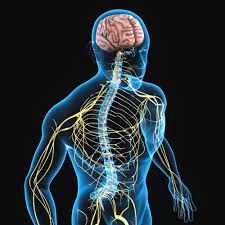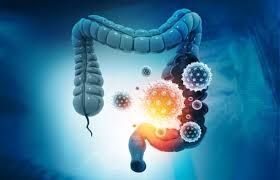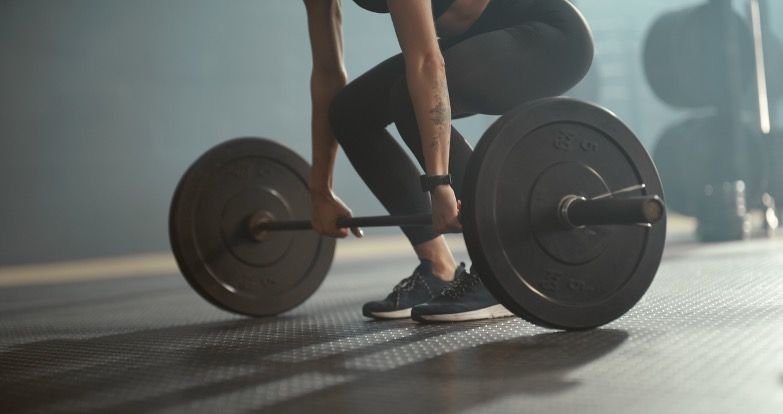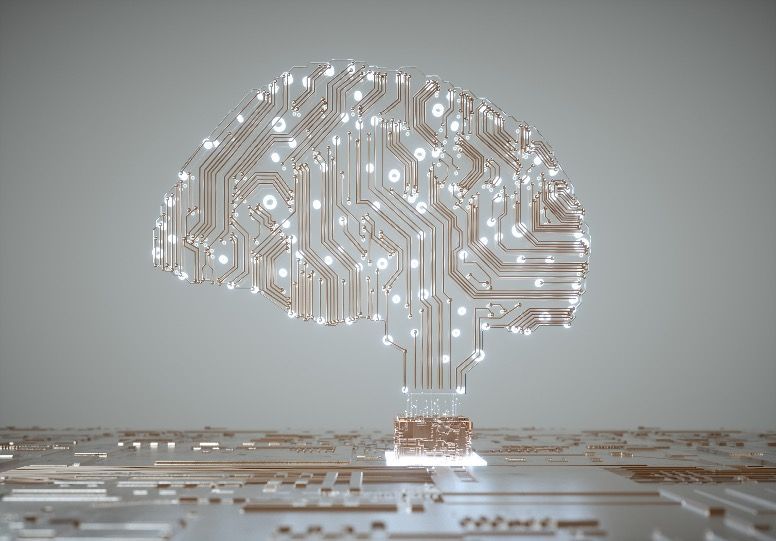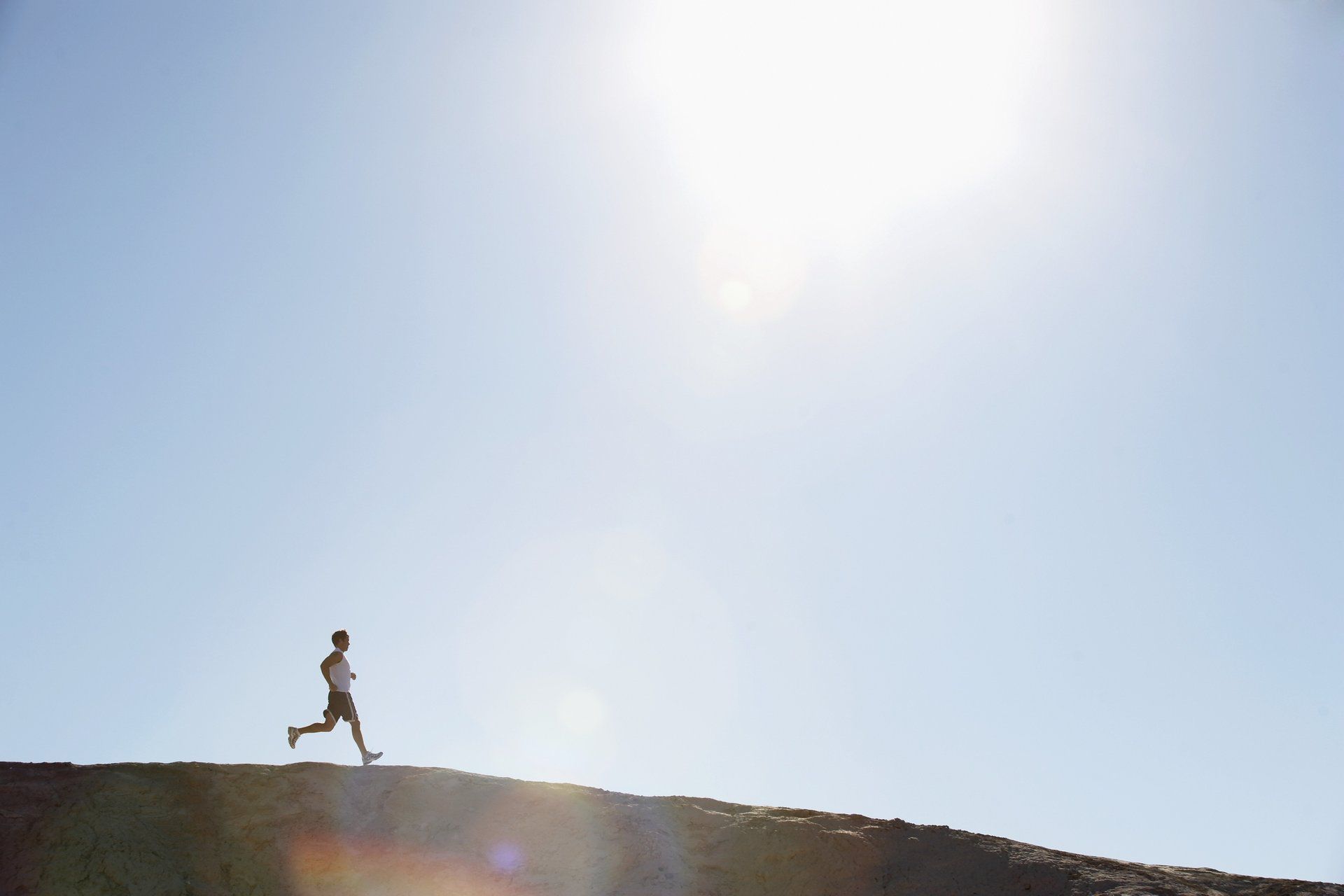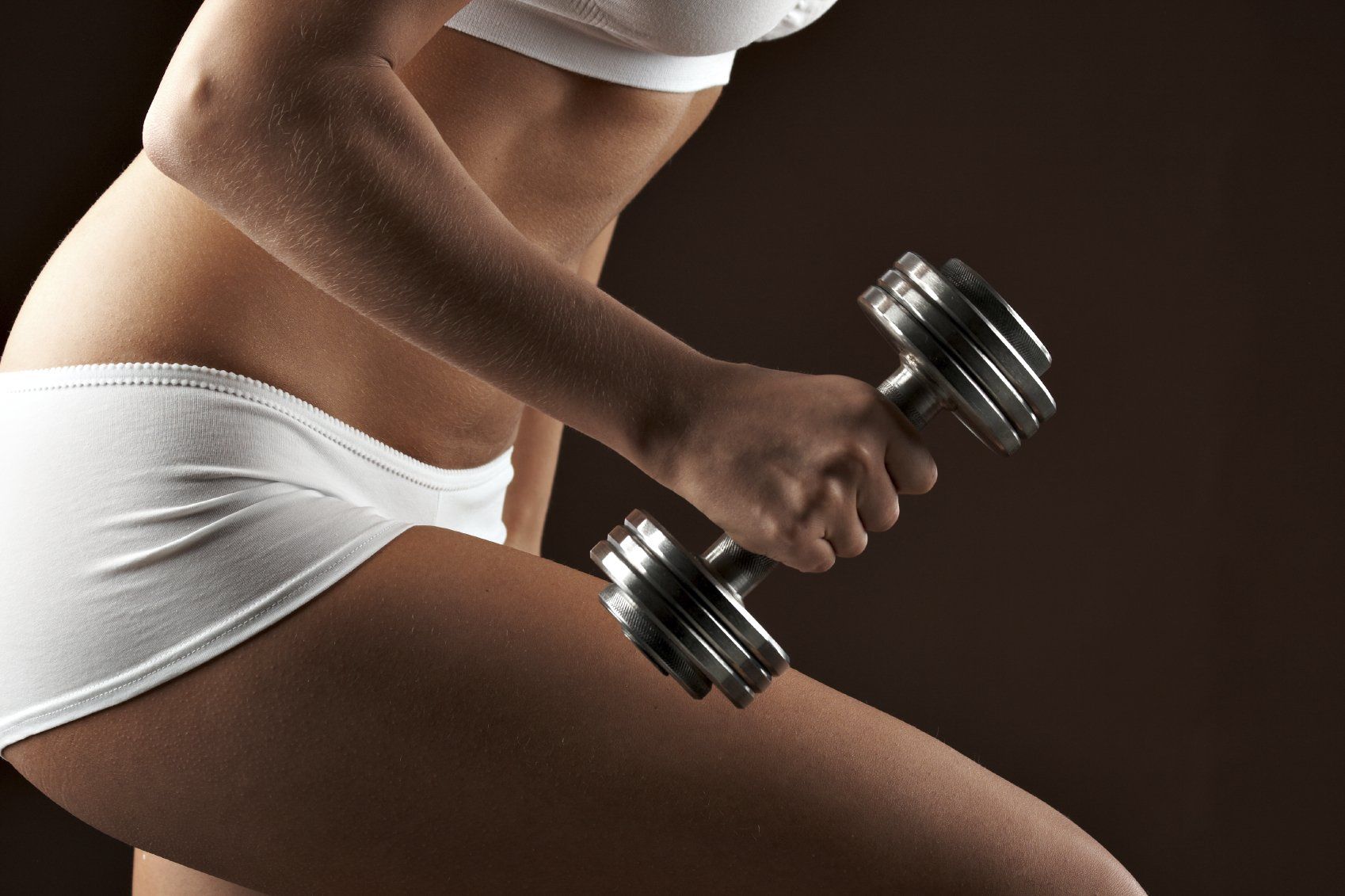Eco-friendly pets diet
The mental and physical benefits of having a pet in our lives are many. We love our pets and our pets love us. But, have you ever considered what your pet’s paw print looks like? Dogs and cats carbon paw prints are mainly associated with their diet. Let’s see how we can feed our furry companions without costing us the Earth.

This blog contains affiliate links.
Traditional pet food uses high quantities of animal protein in them. The impact of the pet food industry has often been dismissed as it uses animal parts that are left over after slaughter. However, research shows that an area twice the size of the UK is used to produce dry pet food for cats and dogs each year, with annual greenhouse gas emissions over 100m tonnes of carbon dioxide. Therefore, only the pet food industry emits more greenhouse gases each year that some countries in the world.
The factors that contribute to the high environmental impact of pet meat consumption are the same as with human meat consumption, including usage of land and consumption of water by livestock; methane emissions by ruminants like cows and lambs; and energy used for meat production.
Can pets go vegan?
A recent study found that if all cats and dogs went vegan, the reduction in greenhouse gas (GHG) emissions would be greater than all GHG emissions from the UK and New Zealand combined. But is it going vegan a real choice for dogs and cats?
Dogs are classified as omnivores, meaning they can eat both plant and animal derived nutrients. While in theory, it's possible for dogs to have a vegan diet, it’s always advisable to consult with a veterinary nutritionist before making significant changes to your pet’s diets. Some factors to consider:
🐶 Plant-based proteins such as lentils, beans and quinoa may not always provide the same quality or quantity of essential amino acids as animal-based proteins. Supplementing with high-quality protein sources, such as peas or soy can help.
🐶 Certain nutrients commonly found in animal products may be lacking in a vegan diet, including vitamin B12, vitamin D, and the amino acid taurine. Fortified vegan dog food can be used to prevent deficiencies.
🐶 Keep an eye out for signs of nutritional deficiencies or health issues, such as lethargy, weight loss, dull coat, or gastrointestinal problems.
Cats' diet is greener
Based on their water and food consumption requirements, cats are a much more eco-friendly pet choice than dogs. However, cats are obligate carnivores, meaning they have a biological requirement for nutrients found only in animal tissues. Here are some of the reasons why a 100% vegan diet wouldn’t be suitable for cats:
🐈 Cats cannot synthesise taurine adequately from plant-based sources, and a deficiency of this amino acid can lead to serious health issues, including heart disease and vision problems.
🐈 Cats require high-quality, easily digestible animal-based protein to meet their dietary needs. Plant-based proteins do not provide the same amino acid profile or bioavailability as animal-based proteins. This might lead to gastrointestinal issues or nutrient malabsorption.
Having said this, some cats might be able to survive on mostly plant-based diets. Monitoring your cat’s diet and getting advice from a professional would be the best way to find the greenest suitable diet for your pet.
Homemade pets food
While kibble is convenient, making your pet’s food at home helps you reduce carbon emissions associated with food transport. When considering making food for your pets, these are some of the factors to consider:
🍲 Include high-quality sources of protein such as lean meat, fish, eggs, and plant derived proteins. Dairy products in moderation. Remember, cats require animal-based protein sources to meet their dietary needs.
🍲 Carbohydrates provide energy and fibre. Include carbohydrates such as brown rice, sweet potatoes, oats, quinoa, and vegetables such as carrots, peas, and spinach.
🍲 Healthy fats are important for the skin, coat, and overall health. Incorporate sources of healthy fats such as salmon, flaxseed oil, coconut oil, and olive oil into their diet.
🍲 Some foods are toxic and should be avoided, including chocolate, grapes, raisins, onions, garlic, and foods containing the chemical compound xylitol.
🍲 Practice proper food handling and hygiene when preparing your pet's homemade food to prevent contamination and food borne illnesses. Cook meat thoroughly, wash fruits and vegetables, and store homemade meals safely in the refrigerator or freezer.
Can pets eat leftovers?
Although, it’s best to feed dogs and cats a fresh balanced diet, sometimes it might be handy to give them some leftovers. Whether pets can eat leftovers depends on the specific food and how it was prepared. Some general advice to have in mind:
🍲 Pets can safely eat plain, unseasoned leftovers such as cooked meats (without bones), as well as plain cooked vegetables and grains.
🍲 Avoid leftovers that contain bones, as they can pose a choking hazard or cause gastrointestinal issues if swallowed. Remove bones, skin, and fatty parts.
🍲 Be mindful of portion sizes and avoid overfeeding. Too much rich or fatty food can lead to digestive upset and other problems.
🍲 Avoid leftovers that contain ingredients such as onions, garlic, or chilli peppers.
🍲 While plain yogurt or cheese in small amounts may be safe for pets, some may be lactose intolerant or have difficulty digesting dairy products.
Do’s and don’ts of pets feeding
✅ Use grains such as corn, wheat, and rice can be a healthy source of carbohydrates for dogs, and many dogs tolerate them well.
⛔ While variety can be beneficial for pets to ensure they receive a range of nutrients, it's not necessary to feed them a different diet every day. Balance is more important than variety.
⛔ Don’t overfeed cats with fish. A diet consisting solely of fish can lead to nutritional deficiencies. Some fish may also contain high levels of mercury or other contaminants that can be harmful to cats if consumed in large quantities.
⛔ Free-feeding or grazing can lead to overeating and obesity. Monitoring portion sizes and feeding scheduled meals will help prevent weight gain.
✅ Do include transitioning time before changing your pet’s diet. Don’t do it from one day to another.
In conclusion, how sustainable your pet’s diet is will depend on the individual pet, and how willing you are to explore alternative options to the traditional already made pet foods. Whatever you decide to do it has to work for you and your pet. Take your time to find out what your pet likes and don’t be afraid of making changes if they are for the best.
